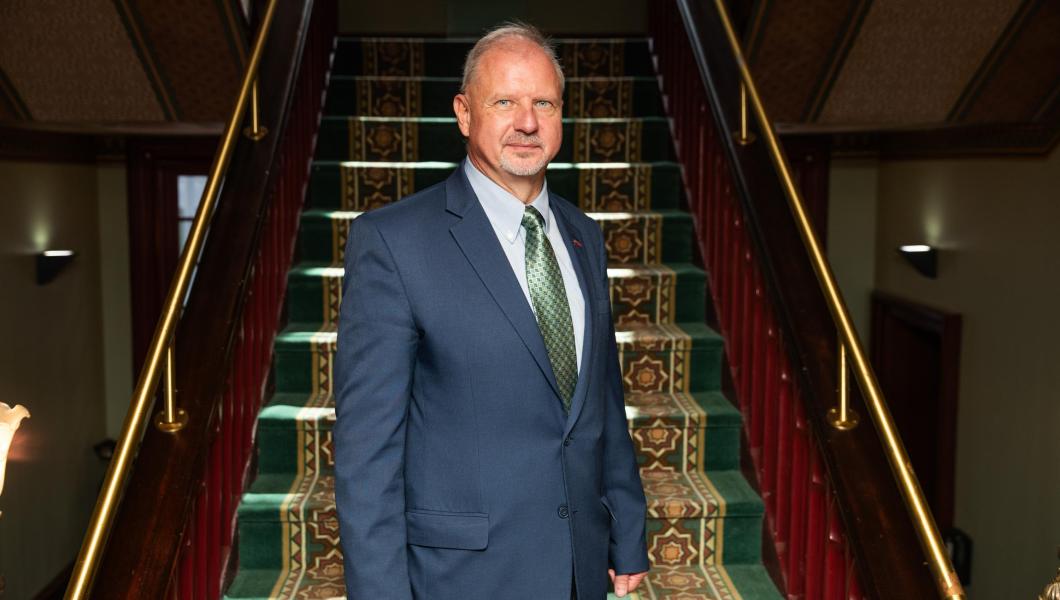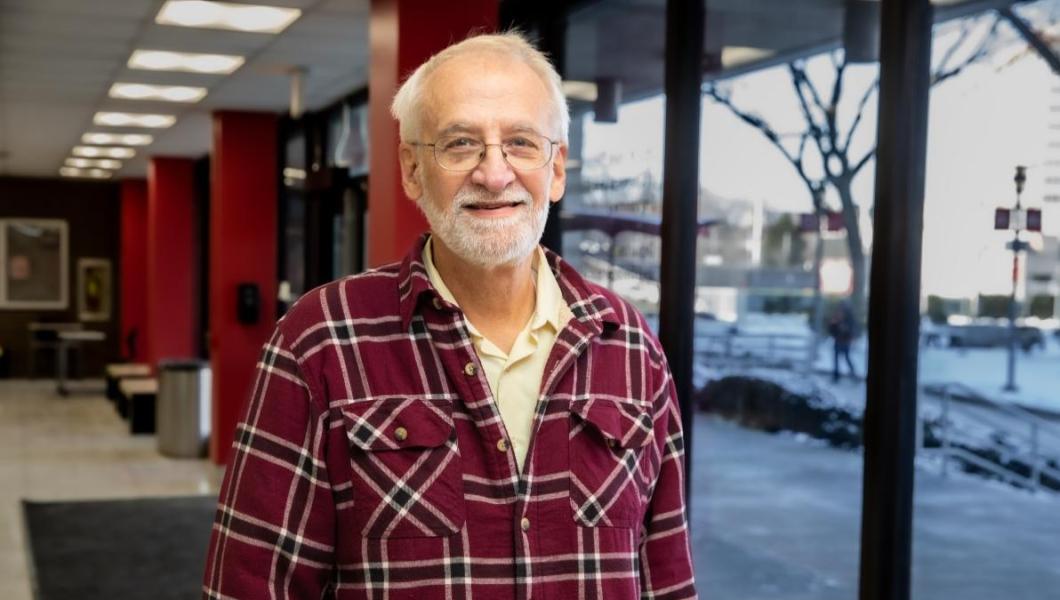Management Faculty Win Statewide Recognition for Entrepreneurship Research and Teaching

Initiating, supporting and maintaining a high number of startup ventures remains the chief objective of innovation-ecosystem stakeholders: government policymakers, administrators of technology parks and small business incubators, and the entrepreneurs operating in such venues. The social capital (or interconnecting relationships with universities, industry and government organizations) provided by this world, along with strategies that help to remove barriers, promote networking and encourage relevant learning, would seem to be valuable contributors to startup growth and survival. Yet, this is not necessarily the case.
As Martin Tuchman School of Management (MTSM) Associate Professor of Entrepreneurship Cesar Bandera and Associate Professor of Marketing Ellen Thomas write in their award-winning paper, “The Role of Innovation Ecosystems and Social Capital in Startup Survival,” “achieving a high density of ventures in an ecosystem does not imply that ventures will exploit the social capital found there” and that “ventures that do exploit social capital and collaborate exhibit better odds of survival than ventures that do not.”
The paper, appearing in IEEE Transactions on Engineering Management, earned the professors a Bright Idea Award from Seton Hall University’s Stillman School of Business, which annually compiles and evaluates the publications of business faculty in New Jersey. It ranked among the Top 10 out of 130 papers.
Using the Kauffman Firm Survey, the largest longitudinal study of new businesses, Thomas and Bandera’s examination “illustrates the importance of building social capital, which could even be made a requirement for continued tenancy at an incubator.” They discuss this and other policy and pedagogical recommendations aimed at motivating the use of social capital to improve firm performance.
Bandera, who won a second Bright Idea Award for his syllabus for MTSM’s Tech Venture Support Program (officially known as MGMT680 Entrepreneurial Strategy), in which students assist technology startups with bringing their innovations to market, noted that the award “is another recognition of the role that the research and entrepreneurship teaching conducted at Martin Tuchman School of Management holds both within NJIT and the state of New Jersey. In order for technology research to be impactful, it must include translational and sustainability components — the former promotes adoption, the latter promotes survival and this award recognizes MTSM’s expertise in both.”
Another Story of Success
Bandera’s work was also highlighted by the National Institute of Environmental Health Sciences (NIEHS) in an article appearing on the agency’s website. The story focused on his development and deployment of mobile health technology, as well as his commitment to bringing public and environmental health into NJIT’s STEM curriculum.
As an NIEHS grantee and co-founder of tech startup CellPodium, Bandera has created cellphone-based technologies that help provide on-site health and safety training to emergency support personnel engaged in the field. Additionally, with a grant from the NIEHS Small Business Innovation Research E-Learning for HAZMAT Program, his company developed the Augmented Reality (AR) Sensor Simulation System for HAZMAT Training. This system employs AR to simulate such training, which involves handling hazardous chemical and radiological materials.
At the university, Bandera facilitates student entrepreneurship in the health care marketplace through MTSM’s Innovation and Entrepreneurship (I&E) Cluster. Enrollment in the school’s I&E offerings has increased roughly 23% annually since academic year 2010-2011.
HAZMAT Virtual Reality Training (small).jpg

Photo credit: Mitch Rosen, director, Center for Public Health Workforce Development, Rutgers School of Public Health, and co-developer of the AR Sensor Simulation System for HAZMAT Training.

